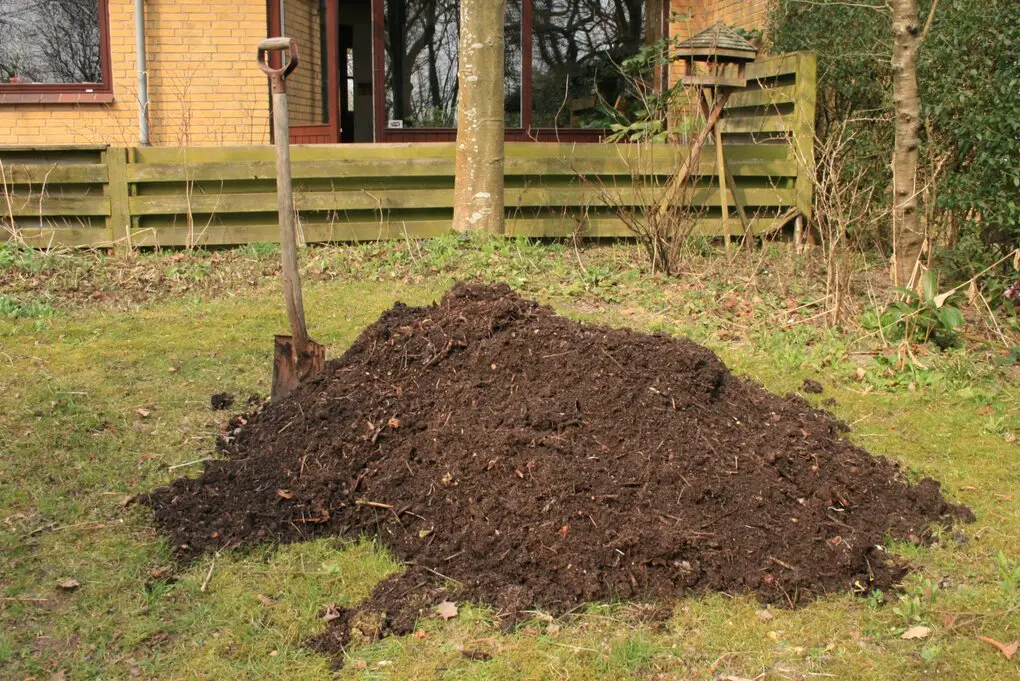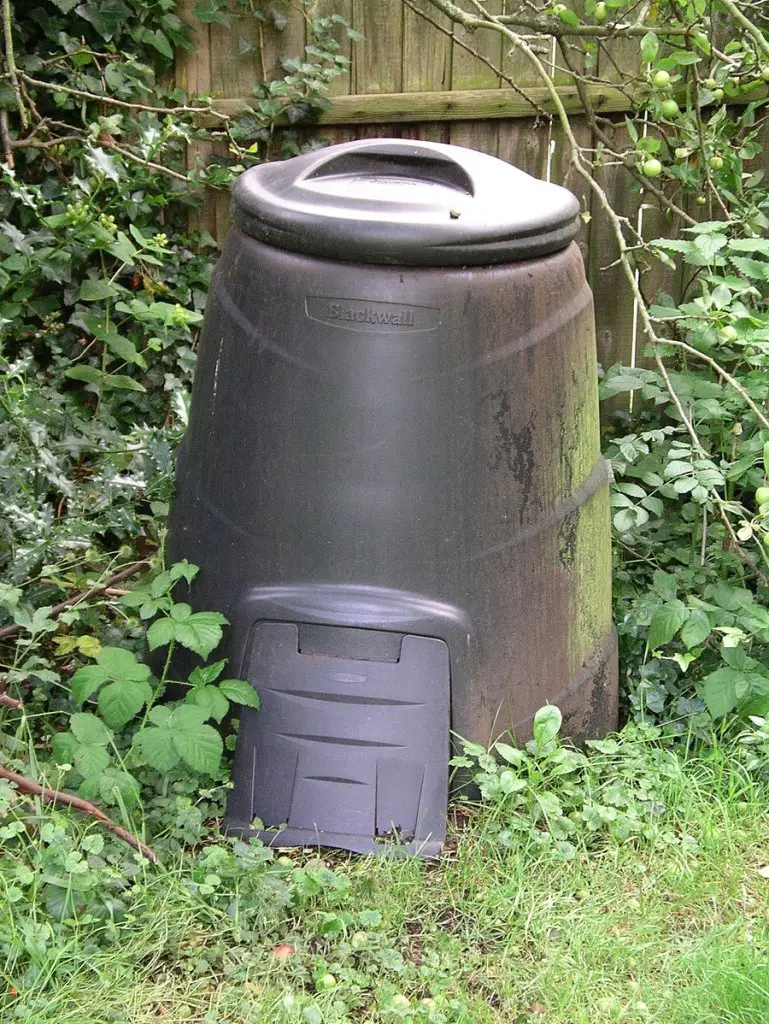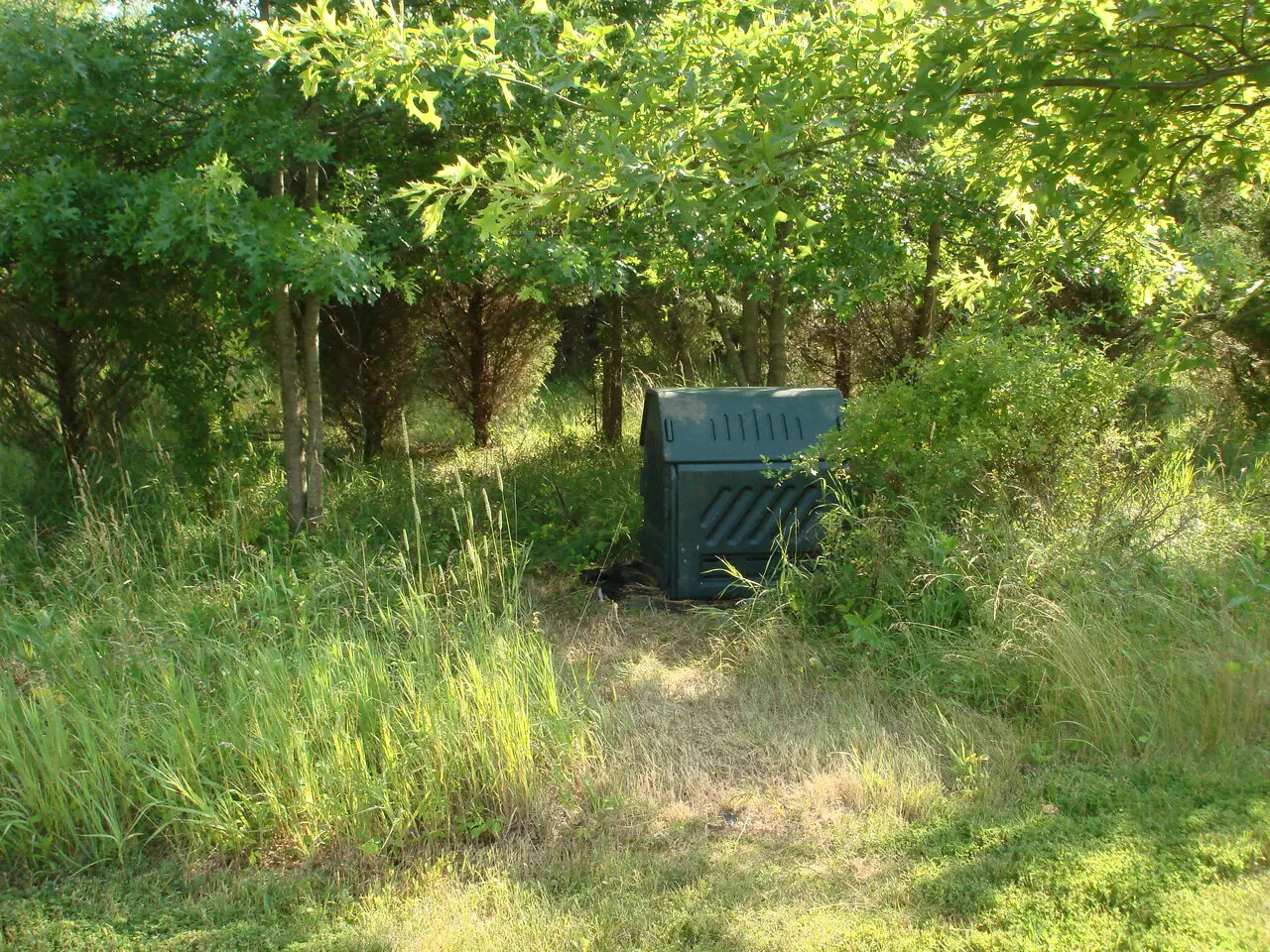The answer to the question of which option is best will vary from person to person. However, we prefer bins as they have the benefit of coming in different varieties. That gives you the advantage of finding one that fits your composting needs. Compost bins used in anaerobic composting are more aesthetically pleasing. They also attract fewer unwanted visitors.
If you know anything about home composting, you are probably thinking about starting your compost.
But which one should you go for?
The compost pile and compost bin are both good composting methods with varying pros and cons.
| Factor | Compost Pile | Compost Bin |
| Ease of use | Easy | Requires a little work |
| Cost | Inexpensive | Requires purchasing a bin |
| Size | Can be as big as you want | The size of the bin limits the size of the compost |
| Moisture issues | Less common | More common |
| Pest issues | Attracts pest | Keeps pests away |
| Vermicomposting option | No | Yes |
Table of Contents
Compost Pile Types
Before we dive into the pros and cons of using a compost pile, let’s take you through the different types of compost piles. They include:
- Cold compost piles. Contained and maintained within a structure made of repurposed wood or another material.
- A hot compost heap – with the correct brown materials to green material ratio. It insulates carbon-rich organic material. This allows it to maintain hot temperatures (though not hot enough to kill pathogens in diseased plants).
- Lasagna beds. These are raised bed edgings composed of layers of biodegradable material. The decomposing material creates new growth areas in the raised bed.
- Hugelkultur mounds. Raised beds mounded. They have rotting wood with organic material like eggshells covering them on top.
Compost Pile Pros
- Starting your compost pile is a straightforward process. It is not always necessary to construct any enclosure for organic materials.
- Brown (high in carbon) and green (high in nitrogen) organic matter can be stacked on top of one another in a heap at no expense.
- It could be a free or inexpensive approach to begin composting and perhaps even create new vegetable beds.
- A compost pile’s size depends on your needs. You can create a big one to accommodate more organic materials. Composting containers do not offer you this benefit.
- The compost heap allows easy access for the flock in your home. So if you have chickens, they can add to the compost’s fertility when they leave their feces.
Compost Pile Cons
- Compost piles look messy. They grow in size and can occupy a far larger area than required. You want to use containment structures like straw bales or chicken wire.
- A compost heap may not be the best choice if you have limited space. Bins are a better option if you can do without a compost pile.
- It is common for compost piles to have issues with rodents and other unwanted visitors. That is because compost piles are easier for the animals to access. If your home is facing pesky pests that pesticides don’t seem to keep away, then a compost bin is the best option – especially if your yard waste is composed of kitchen scraps.
- Additionally, compost piles won’t have any special worms like red wigglers and redworms used in vermicomposting. So a compost bin is ideal if you want to use these special worms.

Compost Bin Types
Compost bins come in different types. They include:
- Home-made cold composting bins.
- Cold compost bins purchased in physical stores and on e-commerce websites like Amazon.
- Wormeries (home-made or bought).
- Hot composting bins. These come with insulation and other modifications that enhance composting and maintain temperatures enough to kill weed seeds.
Compost Bin Pros
- A composting bin can compost your organic waste even when you don’t have space or a garden.
- A compost bin will allow you to compost even small amounts of garden waste. That is a lifesaver because a large compost pile is unsuitable for small amounts of coffee grounds or peels.
- It’s possible to convert a compost bin into a worm composter. However, to come up with a nice soil amendment, you need the help of composting worms.
Compost Bin Cons
Please do not get too excited yet because these lifesavers also have setbacks. These include:
- Little composting space. A composting bin may not provide enough space to compost large amounts of food scraps and livestock feces. Furthermore, finding a compost bin that will accommodate every organic matter produced is a challenge.
- Operating with compost bins requires carefulness. In certain situations, they can be challenging to handle. That is because it can be difficult turning your compost. You may require a pitchfork (compost fork).
- Some compost bins are not modified to remove the excess moisture trapped. As a result, problems like waterlogging and foul odor could occur. Worst case scenario is your composting worms may drown.
- Some compost bins make it more difficult to retrieve finished compost.

When to Use a Compost Pile and When to Choose a Compost Bin
The best time to use your compost pile is during fall. That is because, at this time, you will have both carbon and nitrogen-rich materials at your disposal.
When you start a compost bin during spring, you can capitalize on the warm temperatures and the increased activity of composting microbes.

